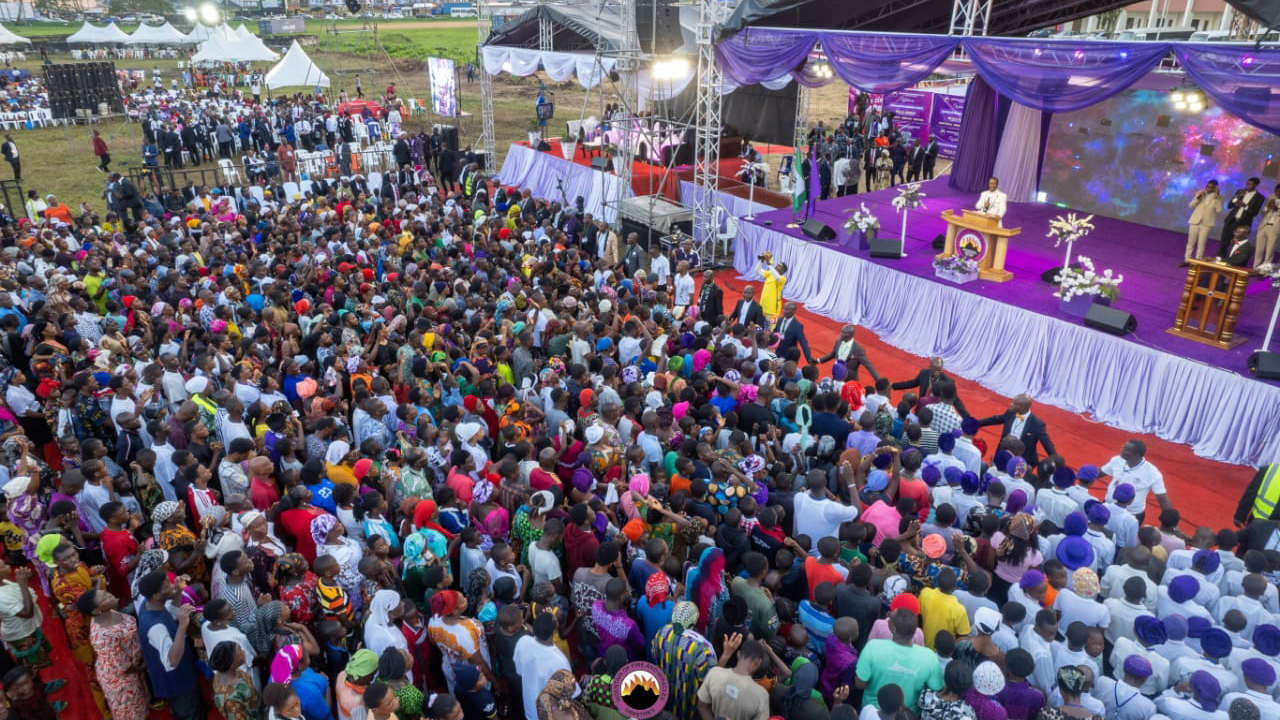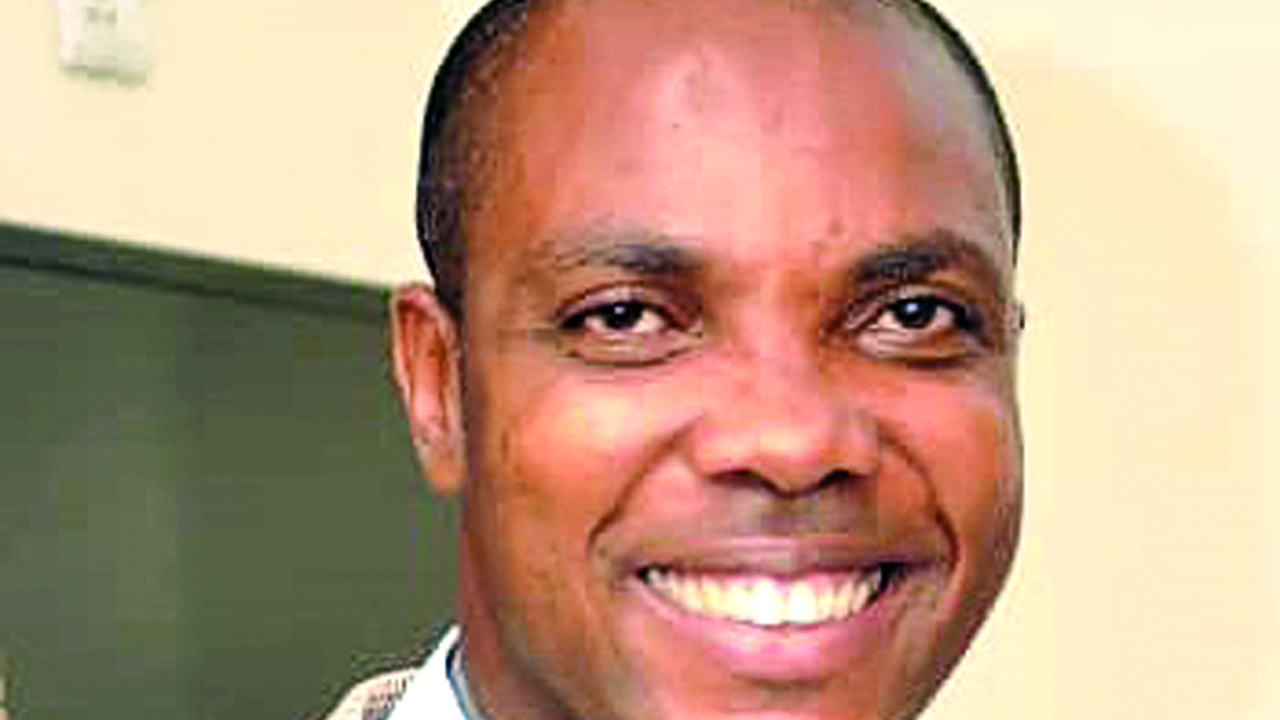
When the Apostles gathered after their arrest and release by the Jewish authorities, they prayed earnestly for the Holy Spirit to give them boldness and influence when speaking His word. “And when they had prayed, the place was shaken where they were assembled together, and they were all filled with the Holy Spirit, and they spake the word of God with boldness,” (Acts 4:31). Apostle Paul frequently requested prayers on his behalf, knowing that his work would not be successful unless Christians were praying for him (Rom 15:30-32; 2 Cor 1:11; Eph 6:18-20; Phil 1:19; Col 4:3-4). James states explicitly that physical healing can come to the believer in response to “the prayer of faith,” (Jas 5:14-15).
(3) In His plan of salvation for humankind God has ordained that believers be co-workers with Him in the redemptive process. In some respect God has limited Himself to the holy, believing, persevering prayers of His people.
There are many things that will not be accomplished in God’s kingdom without the intercessory prayers of believers. For example, God desires to send out workers into the gospel harvest; Christ teaches that this will only be accomplished to God’s full purpose through His people’s prayers: “Pray ye therefore the Lord of the harvest, that he will send forth labourers into his harvest,” (Mat 9:38). In other words, God’s power to accomplish many of His purposes is released only through His people’s earnest prayers on behalf of the progress of His kingdom. If we fail to pray, we may actually be hindering the timely accomplishment of God’s redemptive purpose, both for ourselves as individuals and for the church as a body.
Requirements Of Effective Praying
Several conditions must be met for our prayers to be effective.
1. Our prayers will not be answered unless we have a sincere, true faith. Jesus states explicitly: “What things so ever you desire, when you pray, believe that you receive them, and you shall have them,” (Mk 11:24). To the father of a demon-possessed boy, He spoke these words: “All things are possible to him that believeth,” (Mk 9:23). The author of Hebrews urges us to “draw near with a true heart in full assurance of faith,” (Heb 10:22), and James encourages us, when asking, to “ask in faith, nothing wavering” (Jas 1:6; cf. 5:15).
2. Authority in prayers is in Jesus’ name. Jesus Himself expressed this principle when He said: “And whatsoever you shall ask in my name, that will I do, that the Father may be glorified in the Son. If you shall ask any thing in my name, I will do it” (Jn 14:13-14). Our prayers should be made in harmony with the person, character and will of our Lord (see Jn 14:13).
•Email:[email protected]. Facebook: Yetunde Mercy Olumide.






